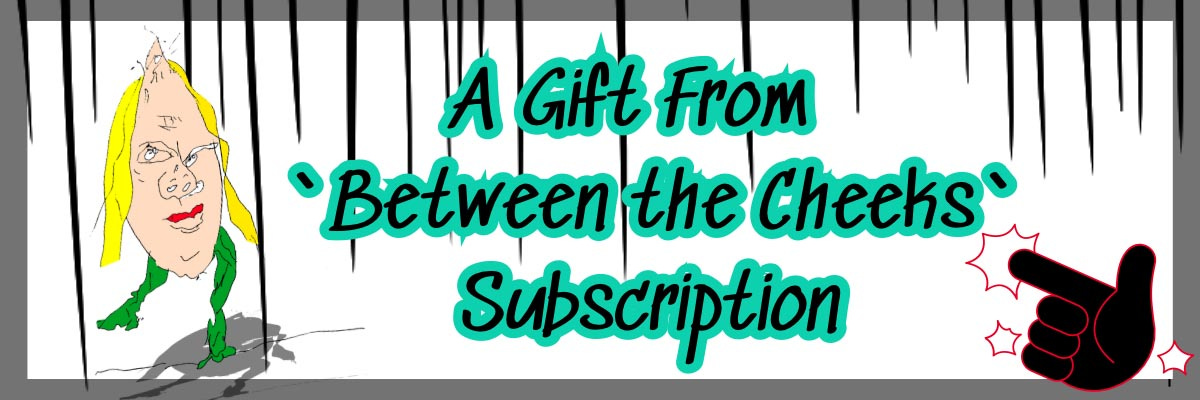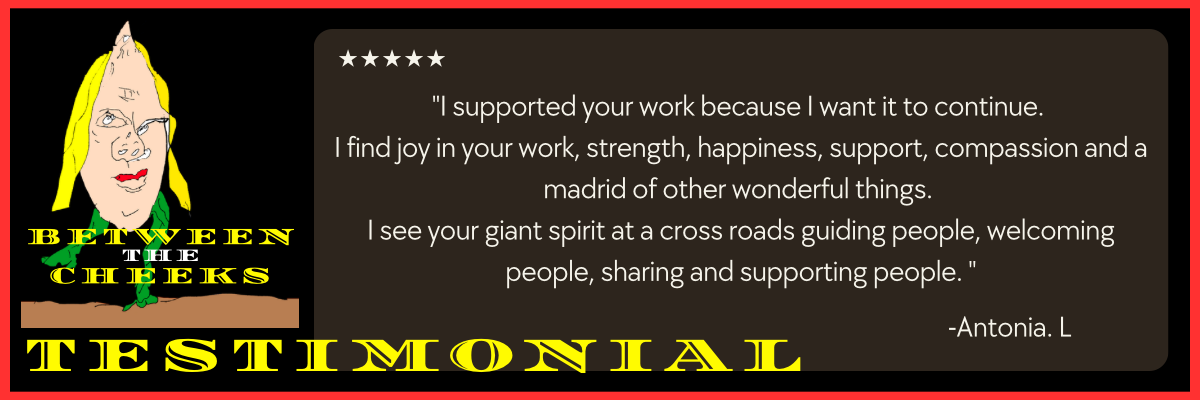How to Create Your Own Philosophy
By Gary Z. McGee
“The individual has always had to struggle to keep from being overwhelmed by the tribe. If you try it, you will be lonely often, and sometimes frightened. But no price is too high to pay for the privilege of owning yourself.” –Nietzsche
In a world that is constantly trying to tell you who you are, it is vital that you have within you the capacity to push back and declare who you really are. Creating your own philosophy is a way to do that.
When you have your own philosophy, you are a force to be reckoned with rather than a thing to be forced. You live on purpose, with purpose. You’re a candle in the dark, or maybe even a blacklight in the blinding light. You put the world, the universe, even “God” on notice. Everything is put on blast. Nothing is off limits. Everything is put under the blade of your fierce inquiry.
Religions dissolve around you. Politics fall apart before you. Ideologies implode because of you. Philosophy itself is taken aback. Armed with your own philosophy you become a tempest, a force of nature first, a person second. You become the eye of the storm of the human condition. Everything is caught in your spinning vortex and found wanting.
Self-inflicted Philosophy:
“It’s impossible for a man to learn what he thinks he already knows.” ~Epictetus
There is no better method toward creating your own philosophy than Self-inflicted Philosophy. Self-inflicted Philosophy refers to the practice of individuals engaging in philosophical inquiry and introspection without formal guidance or external influence. It involves:
Personal Reflection: Deliberately pondering life’s big questions, ethical dilemmas, or personal beliefs independently.
Autodidactic Learning: Seeking out knowledge through self-study, drawing from various sources like books, online resources, or personal experiences rather than only structured education.
Critical Self-Examination: Questioning one’s own beliefs, biases, and assumptions, often leading to personal growth or changes in worldview.
Application in Daily Life: Using philosophical insights to navigate personal challenges, ethical decisions, or to better understand the human condition from one’s unique perspective.
This approach can be seen as a form of philosophical DIY, where the individual crafts their understanding and application of philosophy tailored to their own life’s context. It emphasizes autonomy in thought, encouraging people to think for themselves rather than adopting the philosophies of others wholesale.
Why “Inflicted”?
“What I understand of “philosopher”: a terrible explosive in the presence of which everything is in danger.” ~Nietzsche
The “inflicted” aspect of self-inflicted Philosophy underscores several key elements that make this approach unique and potent…
Active Engagement:
“Inflicted” implies an active, sometimes even forceful, engagement with one’s thoughts and beliefs. It’s not about passively receiving ideas but actively challenging, questioning, and shaping them. This active process ensures that the philosophy developed is deeply personal and reflective of one’s true self rather than just an echo of external teachings.
Self-Imposed Challenge:
Philosophy, in this context, is not just an intellectual exercise but a self-imposed challenge or burden. It suggests that delving into philosophical inquiry can be uncomfortable or demanding because it requires confronting one’s prejudices, fears, and ignorance. This self-inflicted challenge is vital for growth, pushing individuals out of their comfort zones to achieve deeper understanding and self-awareness.
Accountability and Ownership:
By “inflicting” philosophy upon oneself, there’s an inherent sense of accountability. You own your philosophical journey, including the mistakes and insights. This ownership fosters a more genuine commitment to the philosophical principles one develops, as they are not borrowed or imposed but self-crafted through personal struggle and reflection.
Introspection and Painful Truths:
The term “inflicted” also hints at the sometimes painful nature of self-discovery. Philosophical introspection can uncover uncomfortable truths about oneself or the world, leading to moments of existential crisis or profound change. This aspect is crucial as it’s through facing these harsh realities that one can truly evolve their understanding and philosophy.
Motivation for Change:
The act of inflicting philosophy on oneself can be a catalyst for personal change. When you decide to confront life’s big questions, you’re motivated to not only think differently but also to act differently, aligning your life with your evolving philosophy.
Resilience Through Struggle:
The process of self-inflicted philosophy builds resilience. Much like physical exercise strengthens muscles, the mental and emotional struggle of philosophical inquiry strengthens one’s ability to think critically, remain open-minded, and persist through intellectual and existential challenges.
Authenticity:
Finally, the “inflicted” nature ensures authenticity in one’s philosophical stance. It’s not philosophy for the sake of sounding wise or fitting into a particular school of thought; it’s philosophy born from a personal need to understand, to make sense of existence, or to live ethically. This authenticity makes the philosophy more relevant and impactful in one’s life.
In essence, the “inflicted” part of self-inflicted philosophy highlights the self-driven, often strenuous, yet ultimately rewarding process of creating a personal philosophy. It’s about taking responsibility for one’s intellectual and moral development, acknowledging that this journey might be as difficult as it is enlightening.
The Eight-Fold Path to creating your own philosophy:
“In the act of provoking people to think differently, philosophers make it clear that we are not fated to live within the often-stifling systems of thought that we inherit. We can change the subject.” ~Raymond Guess
To create your own philosophy using self-inflicted philosophy, follow these eight steps:
1.) Self-Questioning:
Begin by asking yourself fundamental questions about existence, morality, knowledge, and human nature. For example: What do I believe is the purpose of life? What constitutes a good life? How should I treat others and why? Do I have free will, or is it just an illusion? Is it worse to fail at something or to never make the attempt? Is there such a thing as a moral absolute or is morality relative? How do I square the circle of knowing I will die? Am I ready to accept that everything I believe is a lie? Document these questions and your initial thoughts to track your philosophical journey.
2.) Reading and Reflection:
Engage with a wide array of philosophical texts, but don’t limit yourself to traditional philosophy. Look into literature, science, art, and even personal narratives for insights.
Reflect on how these ideas resonate or conflict with your own views. Keep notes or a journal where you can argue with these ideas, agree, or expand upon them.
3.) Experience as Philosophy:
Use life experiences as case studies for your philosophical inquiry. Every interaction, decision, or event can be a source of philosophical insight. Ask how these experiences challenge or affirm your beliefs. For instance, facing an ethical dilemma in real life might push you to refine your moral philosophy.
4.) Critical Thinking:
Apply critical thinking to your thoughts and beliefs. Challenge your assumptions by asking why you believe what you do. Consider the opposite of your beliefs to understand their weaknesses or to see if they hold up under scrutiny.
5.) Synthesis of Ideas:
Start synthesizing your thoughts into a coherent framework. This doesn’t need to be systematic like traditional philosophy but should reflect your personal truth. You might find that your philosophy is eclectic, borrowing from various schools of thought while adding your unique perspective.
6.) Iterative Refinement:
Philosophy is not static; it evolves with you. Revisit and revise your philosophy as you grow, learn, and experience more of life. Engage in dialogues with others about philosophy to test and refine your ideas. This can be through discussions, writing, or debates.
7.) Practical Application:
Test your philosophy in daily life. How does it guide your actions, decisions, and interactions?
If your philosophy doesn’t serve you well or fails in application, adjust accordingly. Philosophy should be a tool for living, not just an abstract concept.
8.) Personal Manifesto:
Eventually, you might feel compelled to write down your philosophy. This could be in the form of a manifesto, a set of principles, or even a narrative that encapsulates your worldview.
By following this process, you’ll create a philosophy that is uniquely yours, one that reflects your life’s journey, your moral compass, and your understanding of the world. Remember, self-inflicted philosophy is about the journey of understanding yourself in relation to everything else, so be open to change and growth.
Image source:
Relics of a Mortal Past by Billelis
About the Author:
Gary Z McGee, a former Navy Intelligence Specialist turned philosopher, is the author of Birthday Suit of God and The Looking Glass Man. His works are inspired by the great philosophers of the ages and his wide-awake view of the modern world.
This article (How to Create Your Own Philosophy) was originally created and published by Self-inflicted Philosophy and is printed here under a Creative Commons license with attribution to Gary Z McGee and self-inflictedphilosophy.com. It may be re-posted freely with proper attribution, author bio, and this statement of copyright.



















